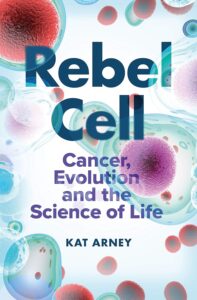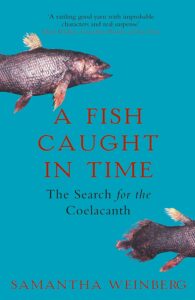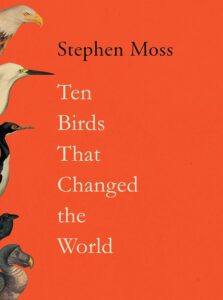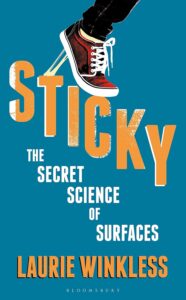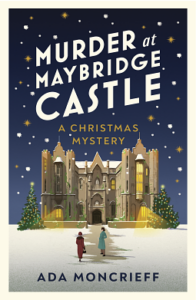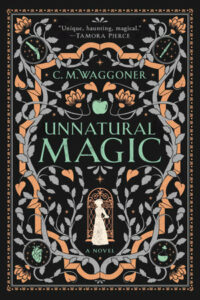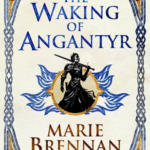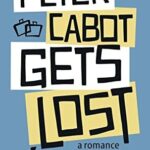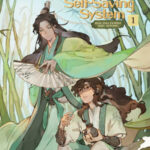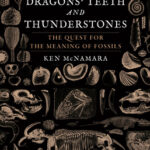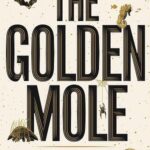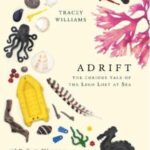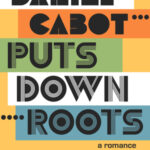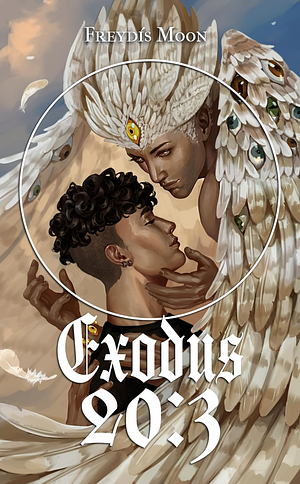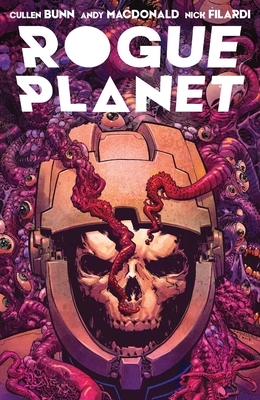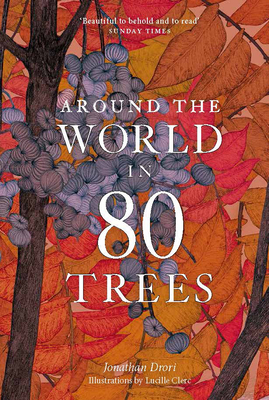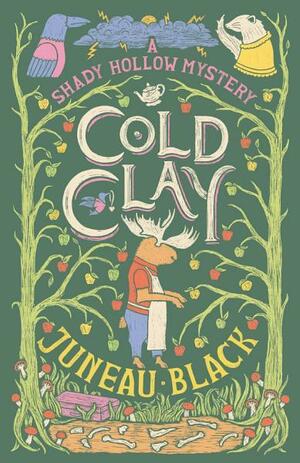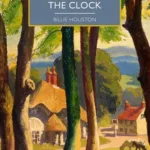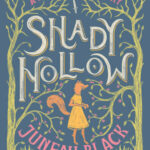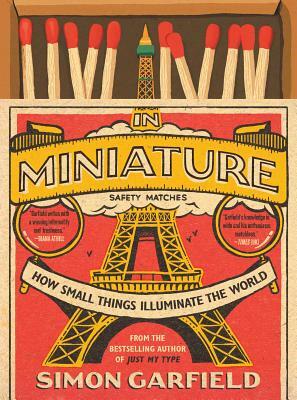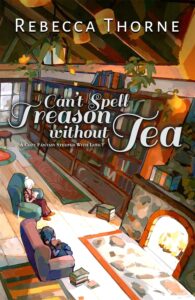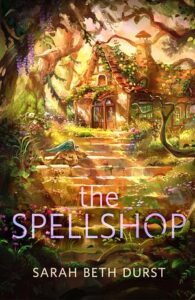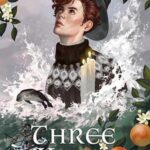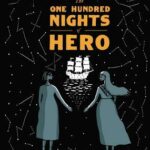Good morning, folks! My weekend away was lovely, but this week I have relatively little going on, and I’m excited to settle down and do some reading and talking about books.
Because Stacking the Shelves is way quieter than it used to be (so I ought to have time for comments elsewhere!), I’ll be linking up with a few different memes each week: Reading Reality’s Stacking the Shelves, Caffeinated Reviewer’s The Sunday Post, and the Sunday Salon over at Readerbuzz. Hoping to reconnect with other bloggers and readers a bit more after my quiet time of the last year or two!
Books acquired this week:
As I predicted in last week’s post, I went on a bit of a bookshopping spree while I was away for the week in lovely Bath. I’ll start with my haul from the lovely Topping & Company, and save my other acquistions for another week, since I don’t expect to get more new books until Christmas now!
Topping & Company have a pretty great mix of everything; I think Edinburgh and Bath are my favourite branches in terms of selection, but Edinburgh is the most magical (somehow, it’s bigger on the inside, and there’s always another corner round which there are yet more books), though Bath’s might be the nicest building. I love the ladders (on rails so you can easily move them) and the fact they wrap the books in plastic. I liked the Ely branch too — it was surprisingly big considering the narrow store-front — but Edinburgh probably wins overall.
Not that I didn’t have fun in the Bath branch! I let the friend I was with choose a couple of the non-fiction books for me based on both his random interests and mine, so this should be fun. (His picks were Rebel Cell and Overkill. The others are my own fault.)
Of course, I didn’t stick to non-fiction only. I also grabbed a couple of the older Christmas-themed anthologies of short stories from the British Library Crime Classics series, this year’s Christmas mystery from Ada Moncrieff (I’m always sceptical of gimmicky things, but the previous two didn’t come across as gimmicky), and a couple of books from the SF/F section. Unnatural Magic was my friend’s recommendation, while A Portrait in Shadow has been on my wishlist for a while.
All in all, it was quite the haul, as you can see!
Posts from this week:
I reviewed quite a few books this week, so here’s a quick recap:
- Ogres, by Adrian Tchaikovsky: 3/5 stars
- In Miniature: How Small Things Illuminate the World, by Simon Garfield: 4/5 stars
- Settling Scores: Sporting Mysteries, edited by Martin Edwards: 3/5 stars
- Cold Clay: A Shady Hollow Mystery, by Juneau Black: 4/5 stars
- Around the World in 80 Trees, by Jonathan Drori, illustrated by Lucille Clerc: 5/5 stars
- Rogue Planet, by Cullen Bunn, Amy Macdonald and Nick Filardi: 2/5 stars
- Exodus 20:3, by Freydís Moon: 3/5 stars
I also posted a guide to some crime fiction:
What I’m reading:
Right now I’m between books, but it’s December now, so I expect to start tucking into some of the Christmas-themed crime novels I have. I’ve been waiting for December to start on John Dickson Carr’s The White Priory Murders, and also to read my November book from the British Library Crime Classics subscription, so… iiiit’s time!
I’ve finished a few books this week; I haven’t written the reviews for most of them yet, but here’s a glimpse of the line-up:
Clearly the holiday time was good for me!
And that’s it from me; how’s everyone else been getting on?
